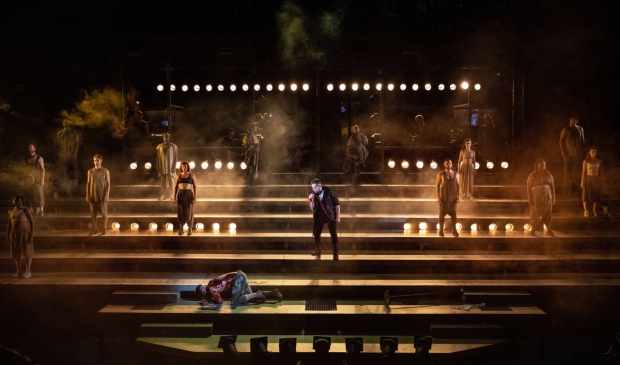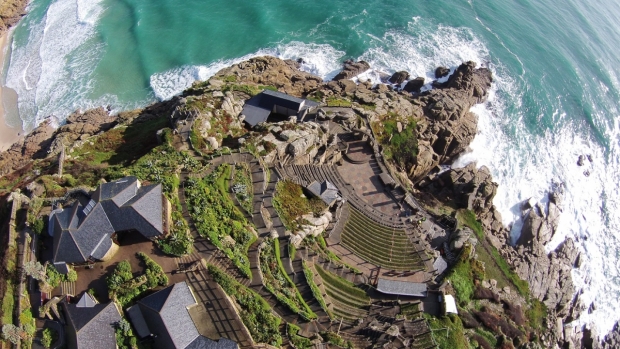
© Mark Senior
There was cause for optimism on Monday with the publishing of the UK's roadmap back to some sort of normality.
Naturally a plethora of caveats applied to each step – the need to keep infection rates down to prevent overwhelming medical services, as well as the continuation of a sturdy vaccination scheme set to help immunise the wider population.
One thing that is particularly striking is the government's decision to open outdoor and indoor theatres with social distancing at the same time from 17 May. This was something that didn't occur last summer when outdoor shows could commence earlier. Many productions, such as Jesus Christ Superstar in Regent's Park, chose to run from mid-August through to September, before indoor shows were given the go-ahead.
This time around there is no disparity, despite the fact that outdoor theatres are, by their very nature, better ventilated and often more spacious. This news will likely be galling to a variety of venues, many of whom campaigned for an early return for al fresco theatre due to their safer qualities.
It was something that Bristol Old Vic's artistic director Tom Morris highlighted to WhatsOnStage: "There's a bit of a logic gap around the timeline for the reopening of outdoor theatre – and to be honest around the reopening of outdoor sporting activity too. It's both brilliant and sensible that you can have dinner with someone in the open air, without a mask, after 12 April.
"But it's surprising that you can't watch a sporting event in a socially distanced ground, or go to the Minack theatre in Cornwall, where the social distancing routine is razor sharp and theatre flourished under COVID restrictions with such success and 100 per cent safety last summer."

Building on Morris' point, it does feel odd that non-essential retail, hairdressers and some public buildings like libraries, as well as beer gardens, zoos and theme parks, plus indoor leisure like swimming pools and gyms can all return from 12 April, but outdoor theatre cannot.
In fact, gradually reopening venues may be more helpful for the powers that be. With such ticketed events they get to test crowd-control measures and assess whether or not there is any impact on the spread of Covid (especially when new variants come into play, something that wasn't present last year). Opening all socially distanced events in one fell swoop prevents that information from coming to light.
This change of strategy may have something to do with sporting events – it's easy to imagine a Leeds United fan, for example, being rankled last summer watching audiences flock to outdoor stage shows when a socially distanced trip to see Leeds return to the Premiere League for the first time in many a year was off the table. Putting all events, be they music, sport, theatre or film, on the same footing may suggest a sense of parity.
Is there a way to rectify the date discrepancy though? Morris goes on to point out: "If I were running an open air theatre, I'd be asking to pilot my procedures in April in order to demonstrate their safety, rather than waiting for the official opening in May, and the road map might just allow for that."












